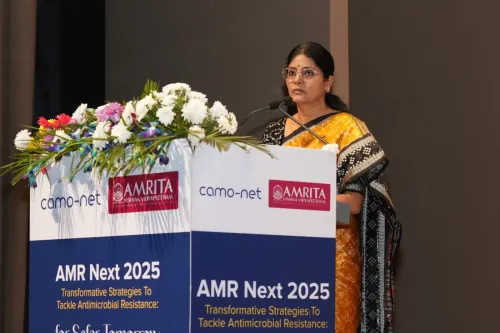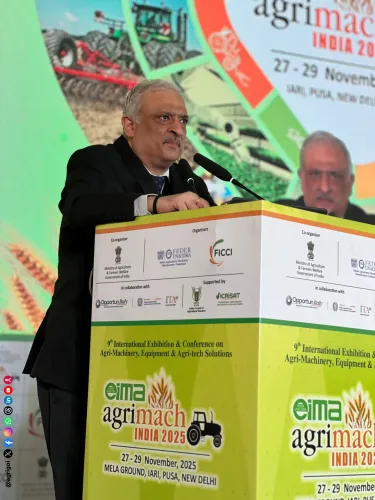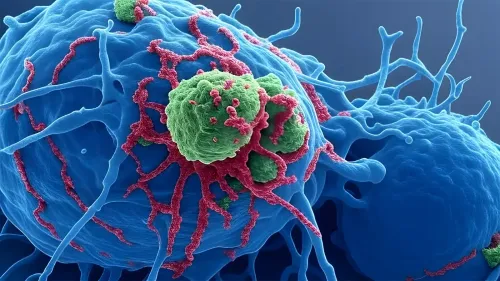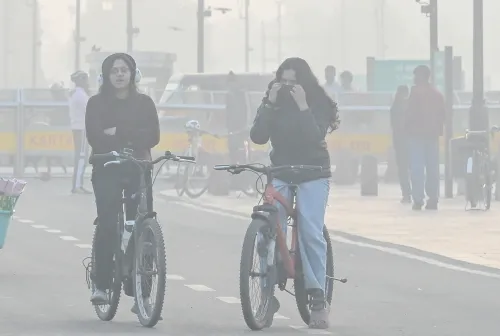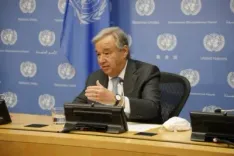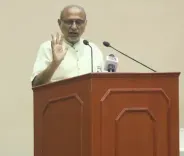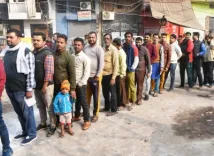How Did Over 26 Lakh Individuals Start TB Preventive Treatment in 2024?
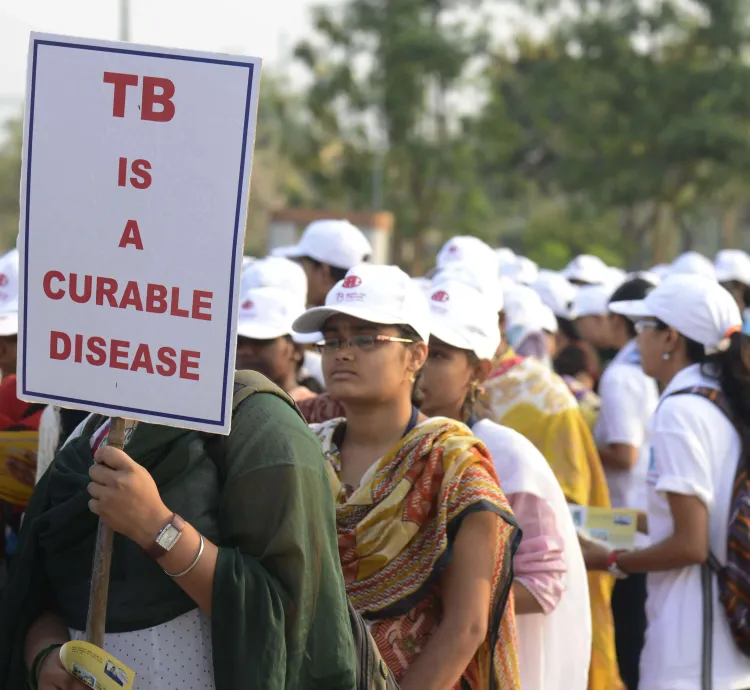
Synopsis
Key Takeaways
- Over 26 lakh individuals initiated TB preventive treatment in 2024.
- The National TB Elimination Programme aims to screen vulnerable populations.
- Ni-kshay Poshan Yojana provides nutritional support for TB patients.
- AI technology is enhancing TB screening capabilities.
- World TB Day serves as a reminder of ongoing efforts to eradicate TB.
New Delhi, Aug 5 (NationPress) In 2024, more than 26 lakh eligible individuals began preventive treatment for tuberculosis (TB), as reported by Anupriya Patel, the Union Minister of State for Health and Family Welfare, during the current Monsoon session in Parliament. In a written statement to the Rajya Sabha, she detailed the advancements made in the nation's battle against TB elimination.
Referring to the National TB Prevalence Survey (2019-21) conducted by the Indian Council of Medical Research (ICMR), Patel mentioned that the country has an estimated 31.3 percent crude prevalence of latent TB infection among individuals aged 15 years and older.
To combat this issue, the National TB Elimination Programme (NTEP) was launched, which screens household contacts and at-risk populations for TB infection and offers preventive treatment to those who qualify.
“During the year 2024 (January to December), 26.72 lakh eligible individuals commenced TB preventive treatment,” Patel stated.
Moreover, in December 2024, the government initiated a 100-Day TB Mukt Bharat Abhiyan, which concluded on March 24, coinciding with World TB Day. This campaign aimed to focus on vulnerable groups and high-priority districts.
“To meet the demand for X-ray screenings among at-risk populations, State/UTs have implemented a resource mapping initiative and enhanced their capacity for X-ray services in public health facilities by utilizing AI-enabled hand-held X-rays and identifying private facilities,” the MoS mentioned.
Under the NTEP, significant measures taken to expedite the response towards TB elimination include targeted interventions in high TB burden regions, provision of free medications and diagnostics for TB patients, and intensified TB case-finding among vulnerable communities through mobile diagnostic units to access remote areas.
Other initiatives involve the decentralization of TB screening and treatment services to Ayushman Arogya Mandir (AAM), engaging the private sector with incentives for notifying and managing TB cases, scaling up molecular diagnostic laboratories in all blocks for early TB diagnosis, and the Ni-kshay Poshan Yojana, which provides Rs 1,000 monthly nutritional support for patients throughout their treatment.

